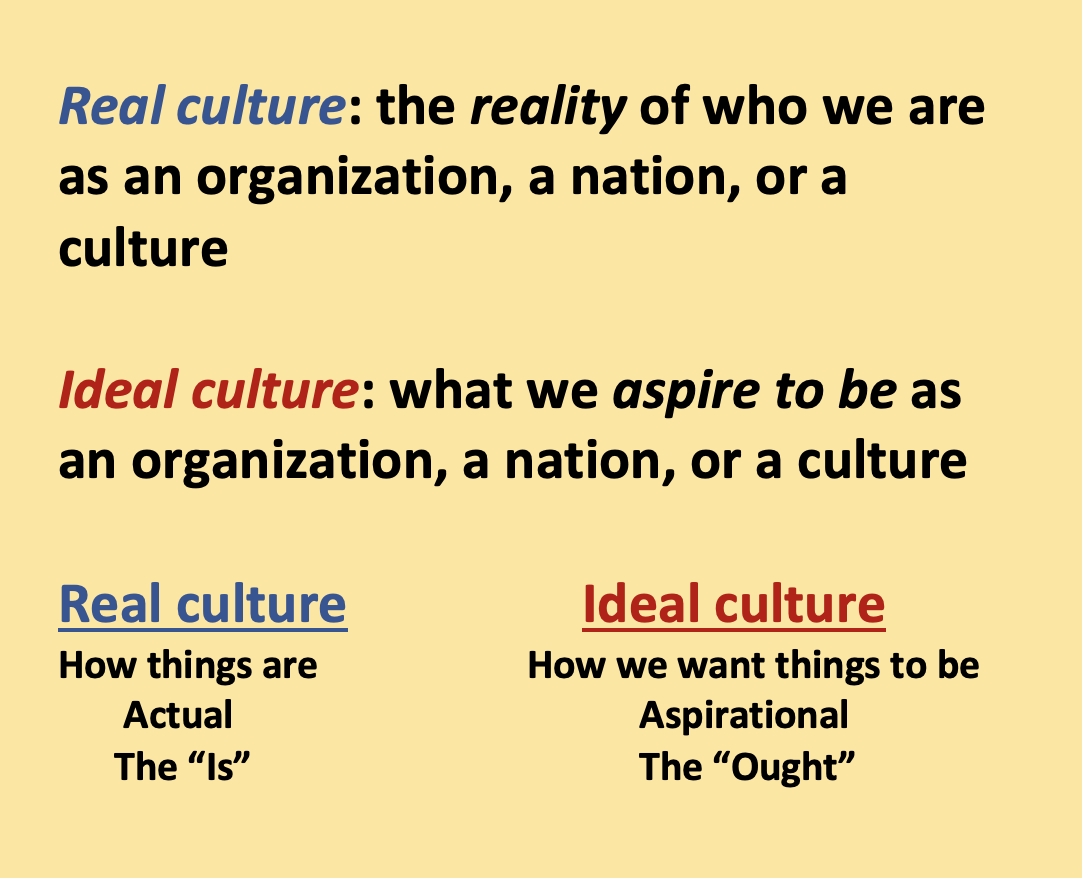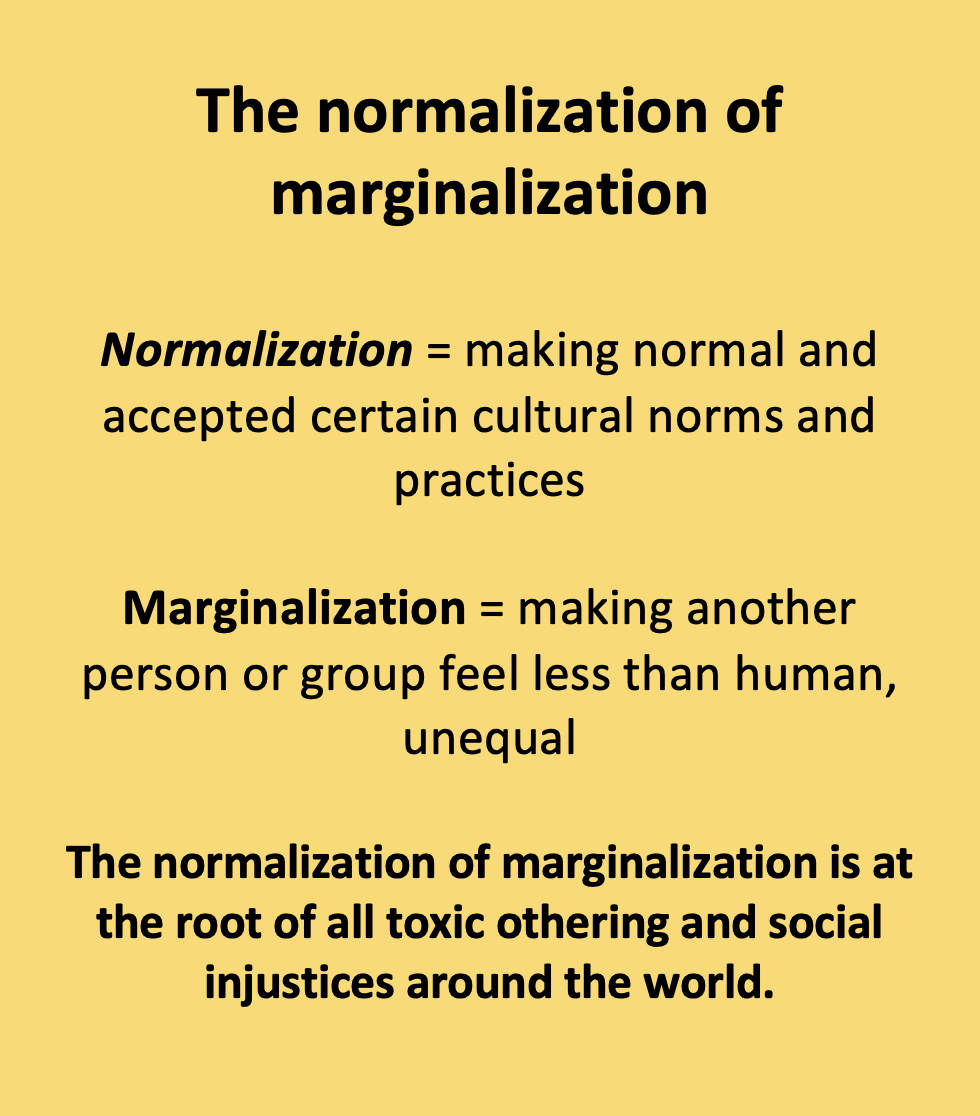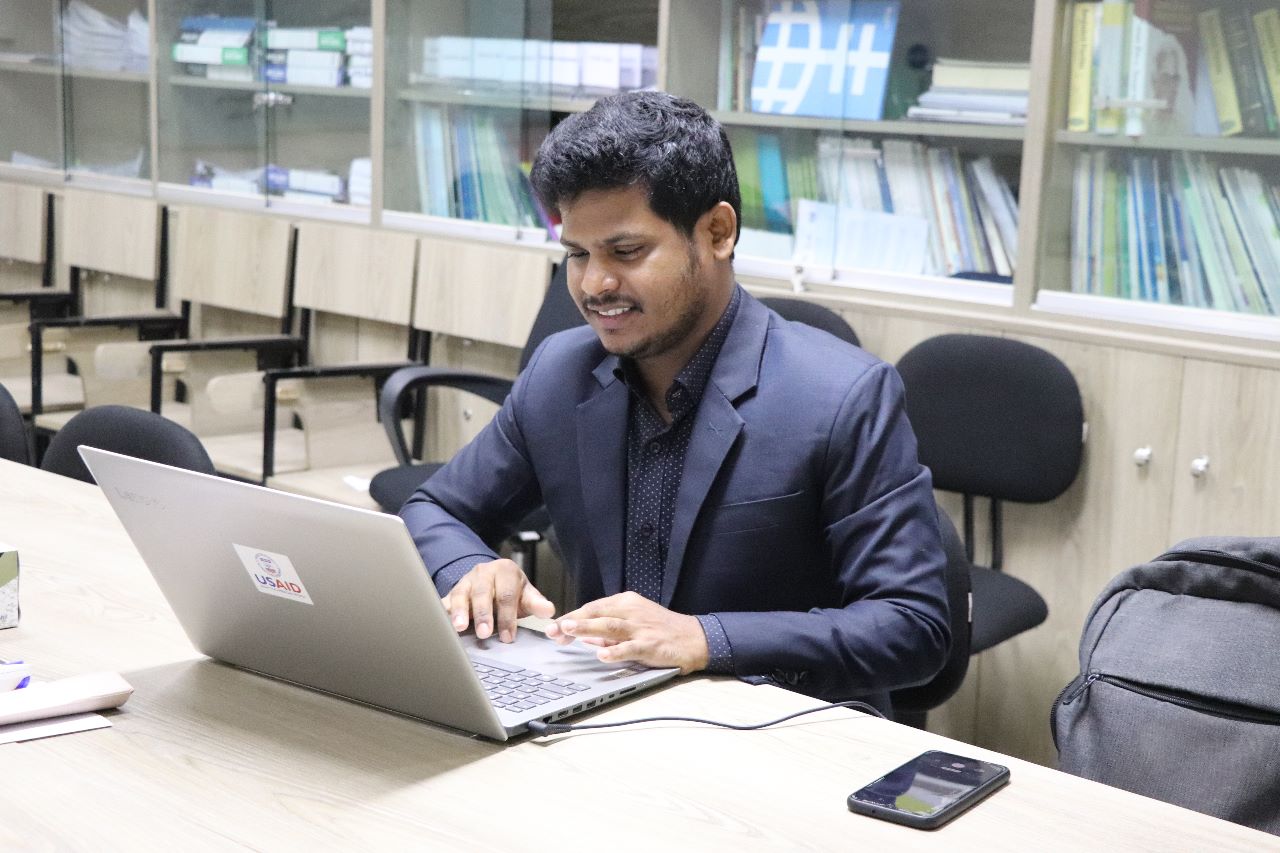Sociology, critical Hydra theory, and social justice: online teaching with Azizul Hoque
Leading an online class for refugees
I talk several times per week with my Bangladeshi colleague Azizul Hoque, an education specialist with the BRAC University Centre for Peace and Justice (CPJ) based in Dhaka, Bangladesh. We have been working together since the spring of 2021 when we began working on an online sociology and social justice course which combined Bangladeshi learners and Rohingya refugees. Our ten week course was a success and culminated in a virtual ceremony attended by all the learners and with a special guest appearance from (CPJ Executive Director Manzoor Hasan. I wrote a good deal about this experience on this blog. See here, here, and here for just a few examples.
Azizul and I have worked together on the curricula for an online course he is currently leading that has learners from both Kenya and Bangladesh, refugees all. This course is part of the Refugee Higher Education Access Program (RhEAP), a joint initiative by Bard College, the University of Arizona, Princeton Global History Lab, and the Open Society University (OSUN).
Azizul and I talk several times each week and I have been asked to contribute some videos as part of his class. The learners have watched these videos (and others I have done for the previous courses Azizul and I have co-taught). The most recent videos and the script for each appear below.
No human is more human than any other human
At the very beginning of the course I was asked to frame out the basic premise of the course. I fixed my response to the the words that appear in the Universal Declaration of Human Rights so aptly summarized by Maya Angelou who said, “No human being can be more human than another human being.” With this fundamental truth asserted, addressing privileging forces than marginalize so many becomes imperative.
[Here is the video version.]
The most fundamental assumption guiding any examination of humanity is that no human is more human than any other human. That is to say, though there will be cultural differences across the globe we are all one human family. Although there is a tendency to look down on those that are different from you -in sociology we call that ethnocentrism- a true social scientist remembers that human diversity is just people in different parts of the world trying to make a life for themselves.
In sociology, we talk about the idea of a functional alternative. For example, English is one language that we can speak in, but if we are all speaking, for example, Arabic, we could all still communicate: one language is  the functional alternative of the other. Neither language is right or wrong, it just serves the function of allowing humans to communicate with each other.
the functional alternative of the other. Neither language is right or wrong, it just serves the function of allowing humans to communicate with each other.
Just as it is with language, the same is true for many other cultural practices. Though ways of living may be different in various parts of the world, these differences are only on the surface; these norms and practices are all serving common human needs. Another example is clothing. Although some people around the world wear very different clothing, these garments serve the same function, they protect people from the elements, and also project certain cultural aesthetic values.
So let me repeat, the basic assumption that we always must remember is that no human is better than any other human, and that when we treat others poorly, marginalize them, or discriminate against them, we are engaging in the practice of what I call ‘toxic othering.’
One useful way to explain this is to quote the anthropologist Clifford Geertz, who when talking with some local Javanese, asked them about why the Javanese in the adjacent valley did things differently than them, and the locals said, simply ‘other fields other grasshoppers.’ This is a perfect statement of what we call cultural relativity, that is when one culture is different from another culture, but it is seen as just that, different but not better, eliminating any justification or motivation for ‘toxic othering’ which underlies all ethnocentrism.
The gap between the real and the ideal
In response to the “No human is more human than any other human” video one of the learners asked, “Why are human needs to unequally met around the world?” I used this question to address the chronic issue of the gap between the aspirational documents -like the Universal Declaration of Human Rights- and the life that is experienced by so many around the world, especially in the majority world (aka the ‘Global South’).
[Here is the video link.]
One learner asked, “Why are human needs so unequally met around the world?”
What you are questioning is the gap between what you read in the Declaration of Human Rights and what you are experiencing as an individual. You are making a very important and every critical point about the nature of our social world, namely that there are vast inequalities in how people experience life. Though we are all human, some humans live far more privileged lives than others. Understanding why this is true takes us into the heart of sociology and social justice studies.
Let me offer some analytical tools as well as some questions of my own.
In sociology, we use the terms, ideal culture and real culture. Real culture is how things are and ideal culture is how we want things to be. Unfortunately, there is always a gap between the ‘is’ in the ‘ought’, between how things are, and how things should be.
how we want things to be. Unfortunately, there is always a gap between the ‘is’ in the ‘ought’, between how things are, and how things should be.
The Universal Declaration of Human Rights is a very aspirational document, describing how the world should be, filled with dignity. The hope was that these humanitarian principles would be adopted and embraced by nations around the world. The fact that they were not fully adopted in far too many places in the world is an absolute -and sad- social fact.
The living conditions for people in refugee camps, for example, in terms of basic human rights like the provision of education, healthcare, proper food and shelter, and so on is very far from where it should be. The gap between the real culture and ideal culture is vast.
As sociologists we have many questions about this unjust reality. Here are just a few:
· Who does this gap benefit?
· Who is most impacted by this gap?
· What social forces created this gap?
What we know is that all through history there are many privileging forces that impact peoples lives. Among these are racism, classism, sexism, colonialism, and more. These forces creating privilege for a few and oppression for most have driven the gap between the ideal culture what is stated in the Universal Declaration of Human Rights in the real culture what is actually happening all over the world, especially in certain areas of sub-Saharan Africa, Southeast Asia, and even within my own country, the United States. Our quest must be to understand the nature of this gap and how to confront this gap in the most productive way possible. We must examine the source of these privileging forces and the toxic othering they encourage. The first step is doing what you have done, namely asking questions, and, ultimately demanding answers.
The normalization of marginalization
I was both touched and challenged by a question from a learner in Kenya. She asks why some people treat others poorly. My first response was to send in the chat a quotation that has resonated with me over the years. Russian dissident Aleksandr Solzhenitsyn said long ago that,
“(T)he line separating good and evil passes not through states, nor between classes, nor between political parties either — but right through every human heart — and through all human hearts. This line shifts. Inside us, it oscillates with the years…. If only there were evil people somewhere insidiously committing evil deeds, and it were necessary only to separate them from the rest of us and destroy them. But the line dividing good and evil cuts through the heart of every human being.”
There is truth in his statement, and so the question becomes ‘how do social conditions sometimes engender hatred, how does treating people poorly become tolerated behavior?’ My response to the learner dovetails with my thoughts on how toxic othering in its many Hydra-headed forms has become woven so deeply into all modern human cultures.
[Here is the video version.]
A female refugee learner in Kenya asked “What can be the reasons that make some people treat others poorly? What can we benefit from treating others poorly?”
This is a profound -and profoundly important- question.
This question is also at the heart of critical Hydra theory. Another way of phrasing what the learner is asking is ‘why does marginalization exist’? Why do people do things which diminish, tear down, or control others?
Marginalization happens when some people in a culture have privileged statuses that allow and even encourage them to treat those with lower, unprivileged statuses poorly.
The question of how social norms, policies, and even laws allowing marginalization have been normalized into the behaviors and customs of a culture is central to understanding critical Hydra theory. The learner’s question can now be rephrased, “How is it that treating others poorly becomes accepted by a community?”
Normalization happens over a long period of time, and I have been calling it the normalization of marginalization. Normalizing means that behavior is just accepted. One example is the unequal and -many would argue- unjust treatment of girls and women all over the modern world. Thousands of years ago, long before modern society, this kind of mistreatment of females was not normal. In ancient societies before we had agriculture it was not common or accepted for one gender to dominate the other. Over time during the transition to modern society there was a slow normalization of the marginalization of women. Slowly treating females as less than males became “just how things are“.
Other kinds of behaviors, based on privileged statuses, also became normalized. The normalization of the marginalization of the poor, for example, didn’t happen of all at once, but rather over a long period of time, until now, when we see some people living outrageously privileged lives this is ‘just the way things are’, or normal.
Why do some people treat others poorly and what do they get out of it?
They get a twisted sense of superiority based on toxic and incorrect assumptions about the differences between one group and another, denying the basic fact that no human is more human than other humans. The normalization of marginalization is at the root of all toxic othering and thus all social injustices around the world.
Azizul had the learners watch my video but in our WhatsApp chat he offered some very insightful thoughts.
“My understanding of the question is very close to your thoughts. You have explained how socially dominant groups/oppressors normalize the marginalization of people from different ethnic or religious communities. Based on their narrow perspective of underprivileged people, these social elites create structural barriers. They formulate laws to secure their own interest and justify their misdeeds through that ethnocentric mindset. The maltreatment of the poor has been a legacy of the social elite generation after generation.

People who feel insecure or threatened by others may treat them poorly as a way to assert dominance or control over them. Due to a lack of empathy, some people may have difficulty understanding or caring about the feelings of others, which can lead to insensitive or hurtful behaviour.
As for the question of what someone can benefit from treating others poorly, it’s important to note that there is no real long-term benefit to such behaviour. While someone might feel temporarily powerful or in control, mistreating others ultimately damages relationships and can lead to a negative reputation. Treating others with kindness and respect, on the other hand, can foster positive relationships, build trust, and lead to better outcomes in both personal and professional settings.
[Those with] power or privilege seek to maintain their dominance over others. This can lead to the exclusion or marginalization of those who are seen as less powerful or influential.
Overall, the root causes of marginalization and belittlement are complex and multifaceted. Addressing these issues requires a willingness to understand and address the underlying attitudes and beliefs that contribute to harmful behavior, as well as a commitment to promoting diversity, inclusion, and equity.”
More to come
This online course supported by the RhEAP initiative moves forward, and I expect that Azizul and I will continue our collaboration. Providing learner-based tertiary education to refugees is a small step forward in reaching the UNHCR Education 2030: A Strategy for Refugee Education goal of “Raising the level of refugee participation in higher education from 3% to 15% over the next ten years… .” This goal is accomplished one class at a time, using the lessons learned through each class to find ways to overcome the many challenges faced by both the refugees and the organizations like CPJ and OSUN to make this learning happen. May we all continue to support each other toward this goal.
I will likely write another post in the coming weeks describing our experiences completing this course. In the meantime, if you have any questions or comments please email me at arcaro@elon.edu.


 Follow
Follow